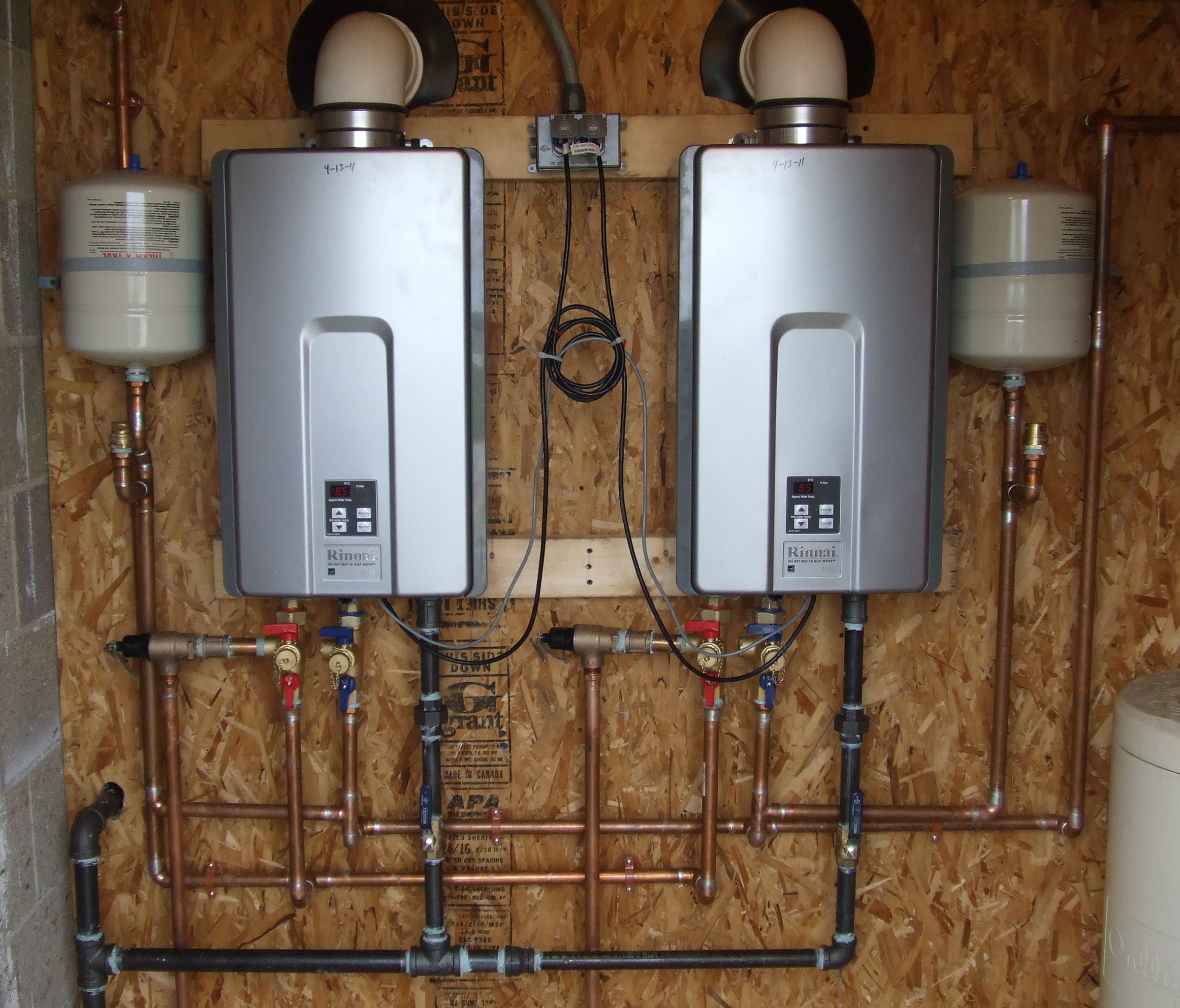Understanding Water Heaters: Types, Efficiency, and Maintenance
Water heaters are essential appliances in modern homes, providing hot water for bathing, washing dishes, and other daily tasks. Whether you're looking to replace an old unit or install a new one, understanding the different types of water heaters, their efficiency, and maintenance requirements is crucial. This article will explore various aspects of water heaters to help you make an informed decision.

What are the main types of water heaters available?
Water heaters come in several types, each with its own advantages and considerations. The two most common types are:
-
Tank water heaters: These traditional units store and heat a large volume of water in an insulated tank. They can be powered by electricity, natural gas, or propane.
-
Tankless water heaters: Also known as on-demand water heaters, these units heat water instantly as it flows through the system, without the need for a storage tank.
Other types include heat pump water heaters, solar water heaters, and condensing water heaters. Each type has its own set of pros and cons, and the best choice depends on factors such as your household’s hot water needs, energy costs, and available space.
How do electric water heaters differ from gas water heaters?
Electric water heaters and gas water heaters have distinct differences in terms of operation, efficiency, and cost:
-
Energy source: Electric water heaters use heating elements powered by electricity, while gas water heaters burn natural gas or propane to heat water.
-
Installation: Electric water heaters are generally easier to install, as they don’t require venting. Gas water heaters need proper venting to remove combustion gases.
-
Operating costs: In most areas, natural gas is less expensive than electricity, making gas water heaters cheaper to operate. However, electric water heaters may be more efficient in converting energy to heat.
-
Recovery rate: Gas water heaters typically heat water faster and have a higher recovery rate, making them better suited for larger households with higher hot water demands.
-
Safety: Electric water heaters are generally considered safer, as they don’t involve combustion or potential gas leaks. However, modern gas water heaters have advanced safety features to mitigate risks.
What factors should I consider when choosing a water heater?
When selecting a water heater, consider the following factors:
- Household size and hot water demand
- Available energy sources (electricity, natural gas, or propane)
- Energy efficiency ratings (look for ENERGY STAR certified models)
- Installation space and requirements
- Initial cost and long-term operating expenses
- Local climate and weather conditions
- Warranty and expected lifespan
- Maintenance requirements
By carefully evaluating these factors, you can choose a water heater that best meets your household’s needs and budget.
How can I improve the efficiency of my water heater?
Improving your water heater’s efficiency can help reduce energy consumption and lower your utility bills. Here are some tips:
- Insulate your water heater tank and pipes to reduce heat loss
- Lower the thermostat setting to 120°F (49°C) for energy savings and safety
- Install low-flow showerheads and faucet aerators to reduce hot water usage
- Fix leaky faucets promptly to prevent wasted hot water
- Drain the tank annually to remove sediment buildup
- Consider upgrading to a more efficient model if your current unit is old or inefficient
Implementing these measures can help extend the life of your water heater and improve its overall performance.
What are some common water heater maintenance tasks?
Regular maintenance is essential for keeping your water heater operating efficiently and extending its lifespan. Some common maintenance tasks include:
- Checking the pressure relief valve annually
- Flushing the tank to remove sediment buildup
- Inspecting the anode rod and replacing it if necessary
- Checking for leaks or signs of corrosion
- Testing the thermostat and adjusting it if needed
- Cleaning or replacing the air filter (for heat pump water heaters)
- Inspecting the burner and flame (for gas water heaters)
While some of these tasks can be performed by homeowners, it’s often best to have a professional plumber conduct a thorough inspection and maintenance annually.
How do water heater costs compare across different types?
When considering the cost of a water heater, it’s important to factor in both the initial purchase price and long-term operating expenses. Here’s a comparison of different water heater types:
| Water Heater Type | Average Purchase Price | Installation Cost | Annual Operating Cost |
|---|---|---|---|
| Tank (Electric) | $300 - $700 | $150 - $600 | $400 - $600 |
| Tank (Gas) | $400 - $1,000 | $200 - $800 | $200 - $400 |
| Tankless (Electric) | $500 - $1,500 | $300 - $1,000 | $300 - $500 |
| Tankless (Gas) | $800 - $2,000 | $500 - $1,500 | $150 - $300 |
| Heat Pump | $1,000 - $2,500 | $400 - $1,000 | $200 - $400 |
| Solar | $2,000 - $5,000 | $1,000 - $3,000 | $100 - $200 |
Prices, rates, or cost estimates mentioned in this article are based on the latest available information but may change over time. Independent research is advised before making financial decisions.
While tankless and solar water heaters have higher upfront costs, they often provide long-term savings through lower operating expenses and increased energy efficiency. The best choice for your home will depend on your specific needs, budget, and local energy prices.
In conclusion, choosing the right water heater involves considering various factors such as type, efficiency, maintenance requirements, and costs. By understanding these aspects, you can make an informed decision that balances your hot water needs with energy efficiency and long-term savings.
The shared information of this article is up-to-date as of the publishing date. For more up-to-date information, please conduct your own research.




